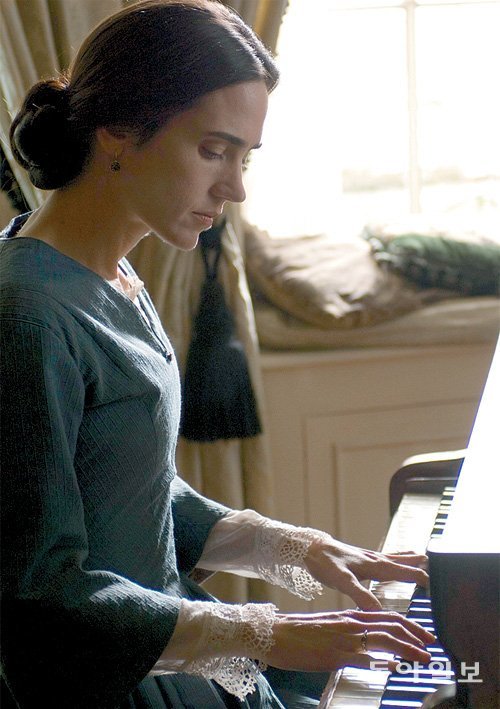‘I gave up becoming a pianist because I’m a woman’
‘I gave up becoming a pianist because I’m a woman’
Posted November. 02, 2019 08:04,
Updated November. 02, 2019 08:04

Many girls play the piano while not many boys do. Strangely, fewer girls become professional pianists when they grow up. The trend was more visible in past generations. What happened to those girls who played the piano as a child?
The author of this book was one of those girls. When she was little, her father took her to a jazz trio concert and she was mesmerized by their performance. From then on, she dreamed to become a pianist. Her friends were all fascinated by her piano performance.
Improvisation was the driving force behind her passion for music. She enjoyed improvising popular music. She was interested in live jazz bands but there were no female pianists in those bands.
After completely failing Chopin’s “Revolutionary” at a competition at the age of 19, she decided not to pursue music career. She became a publishing editor after graduation. At a reunion celebrating the 20th anniversary of high school graduation, she finally had a change to look back on her love for piano. All of her friends at the reunion asked her if she still played the piano, recalling her beautiful performance.
We could have lost a great author if she had become a pianist. Her witty sentences such as “There are harmony and agreement in Bach’s Two-Part Inventions. They are more like Björn Borg than John McEnroe” and “Since she was not a member of any girl cliques, she was like Switzerland of high society” back my argument. Many readers relate to her sometimes provocative and timid personality coupled with her fierce sentences.
This book is also significant from the perspective of “sociology for women and piano.” Mozart’s sister Ana was an excellent pianist but her father stopped her from playing in front of many people by saying it is a shame for a grown-up woman to play in front of many people. Schumann’s wife and famous concert pianist Clara encouraged her daughters to teach children instead of performing on stage.
The production of piano tripled during the 60 years from 1850 to 1910, during which the population of Britain increased by 75 percent. Playing the piano was considered a sophisticated hobby for girls from the privileged families. Characters in Jane Austen novels, including Emma, play the piano as well. The author grew tired of this “fantasy for a perfect marriage” these girls had.
After looking back on herself at a school reunion, the author tried something new. She started to look into the life of her grandmother Elis, whom she had felt scary of as a child. Elis was an opera singer, who won the grand prize at a Scottish singing competition. She was also good at piano and was a conductor of a big church choir. But back then, it was impossible for a girl from a working-class family to become a successful professional musician. After marriage, Elis’ life was in the realm of isolation. “For me and for Elis, dealing with a crisis meant closing the door to possibilities rather than opening them,” the author said.
Now the author is a member of a jazz ensemble. She has finally achieved her dream of becoming a “musician with her own voice.” Like Schroeder in the Peanuts, immersion through music has become an integral part of her happiness.
gustav@donga.com







